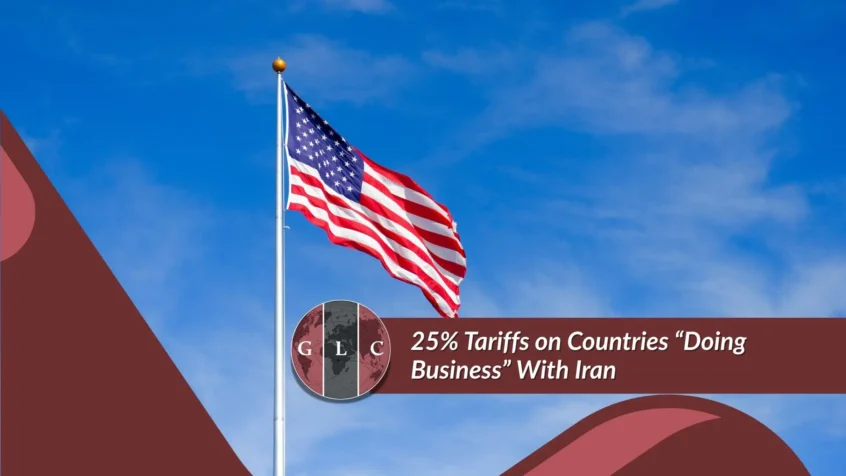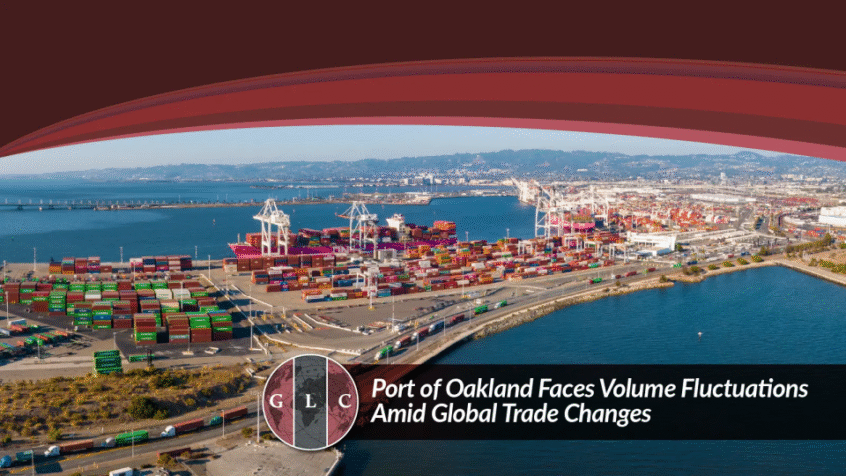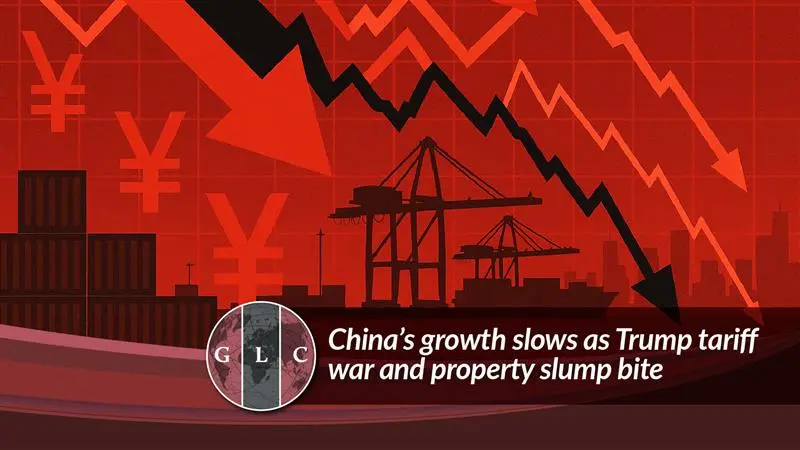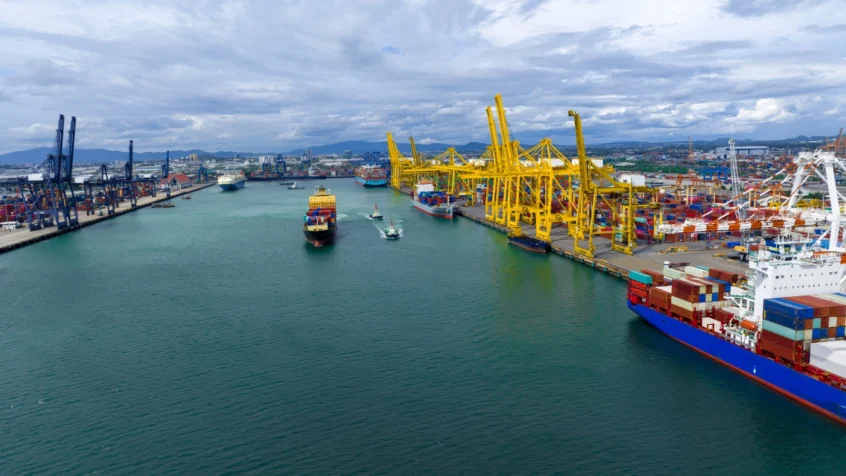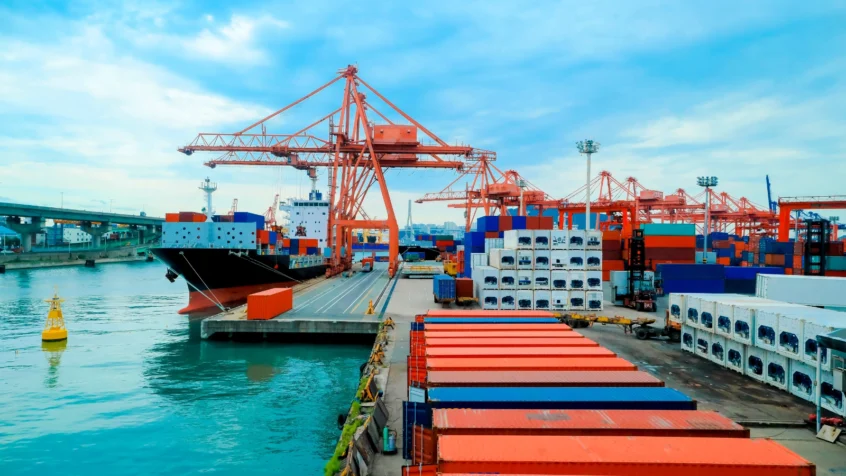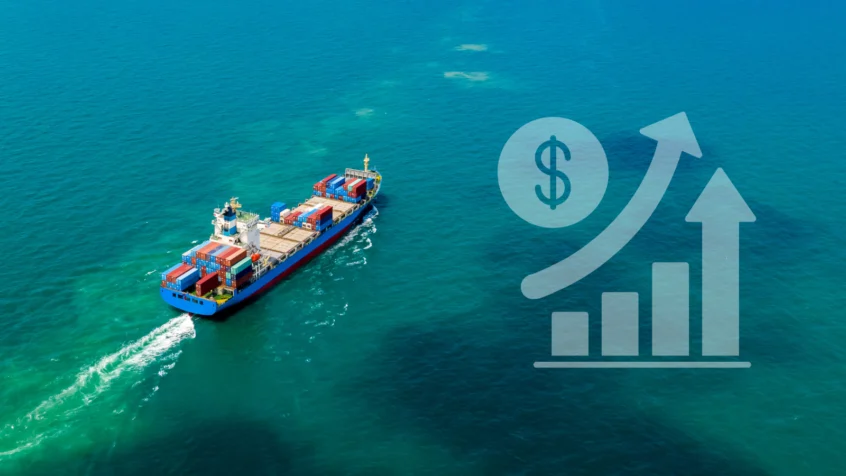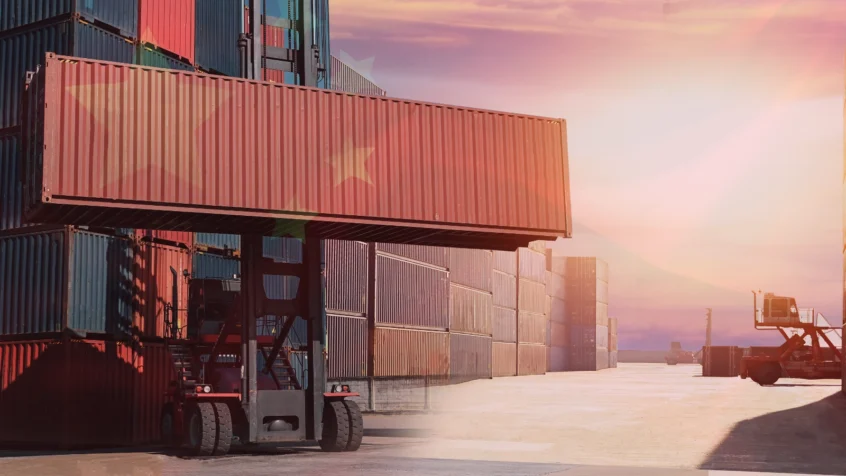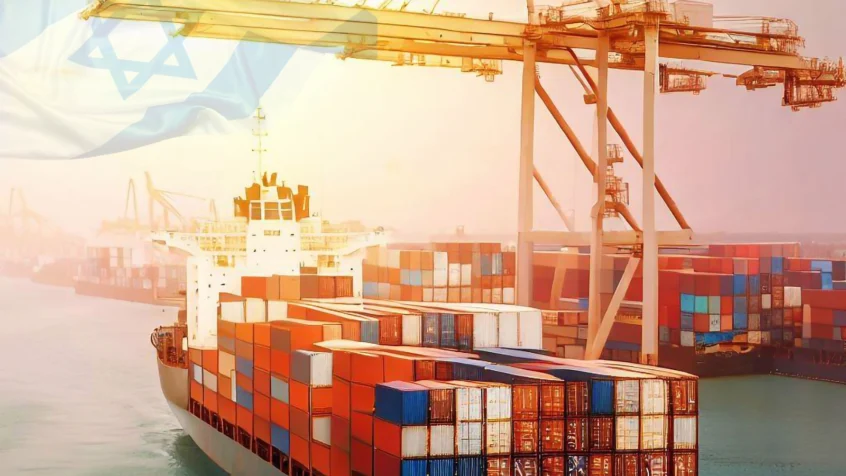In mid-January 2026, multiple major outlets reported that President Donald Trump announced a 25% tariff targeting any country that “does business” with Iran, described as effective immediately via a social media statement. For supply chain leaders, the headline isn’t just “a new tariff.” It’s the uncertainty: Which countries qualify? What counts as “doing business”? Will CBP publish implementation guidance? Will it stack on top of … Read More
Port of Oakland Faces Volume Fluctuations Amid Global Trade Changes
The Port of Oakland, a critical gateway for U.S.-Asia trade, is experiencing significant shifts in cargo volumes due to evolving tariffs and trade policies. These changes are altering shipping patterns, prompting companies to reevaluate supply chain strategies and port utilization. Recent tariff adjustments have increased costs for certain imports, influencing the volume of goods moving through Oakland. As carriers adjust routes to optimize profitability, shippers … Read More
China’s growth slows as Trump tariff war and property slump bite
China’s growth trajectory has weakened as two powerful forces converge: an intensified tariff campaign from the United States and the ongoing drag from a troubled property market. Together, these factors are reducing domestic consumption, slowing investment, and altering patterns of global trade, with real consequences for shipping volumes, routing decisions, and inventory strategies worldwide. For supply-chain and logistics leaders, the shift is practical, not theoretical. … Read More
How U.S. Tariffs Quietly Crushed Peak Shipping Season
As August 1st approaches, it’s clear that this year’s peak season never truly arrived. Despite ocean carriers’ attempts to raise freight rates through a General Rate Increase (GRI), market conditions simply wouldn’t cooperate. Soft demand, shifting tariff timelines, and volatile policy swings under the so-called “TACO” strategy have upended traditional shipping cycles. Rates for August are now falling, not rising, and with booking volumes down … Read More
Imminent Gulf Coast Ports Strike Set to Begin in October
As the possibility of a strike at the US East and Gulf Coast ports looms, the global logistics and shipping industry is bracing for significant disruptions. Set to commence on October 1, this strike could create a ripple effect across international supply chains, affecting everything from freight costs to delivery timelines. The upcoming strike stems from a deep-rooted conflict between the International Longshoremen’s Association (ILA) … Read More
Freight Flux: Adapting to Price Drops and Uncertainties
As we move through the latter half of 2024, the global freight market shows signs of significant shifts. For businesses relying on international shipping, staying informed on these changes is crucial for effective supply chain management. Here’s a closer look at the latest developments and their potential impact. Current Market Trends: Freight Rates Decline The freight market remains in a clear downward trend. Notably, major … Read More
Historic $27 Million Grant Boosts California Ports’ Data Systems
The California Governor’s Office of Business and Economic Development (GO-Biz) has awarded an unprecedented $27 million to enhance data system development and interoperability across California’s five major containerized ports. This groundbreaking state-level funding aims to improve data functionality within the statewide port network, marking a significant milestone in the nation’s logistics infrastructure. Strengthening California’s Role in Global Trade California’s ports, including Los Angeles, Long Beach, … Read More
June 1st GRI: Secure Your Space Now
As June approaches, the logistics industry is bracing for another General Rate Increase (GRI) set to take effect on June 1st. In addition to this upcoming rate hike, the current landscape is characterized by equipment shortages, blank sailings, and potential rail strikes in Canada, all of which have made space availability, rather than rates, the primary concern for shippers. Equipment Shortage: The ongoing global shortage … Read More
Air Cargo Surges with Red Sea Boom
In the realm of global logistics, recent shifts are reshaping the air cargo landscape, driven by a confluence of factors including disruptions in Red Sea shipping routes and the booming e-commerce sector in China. This transformative scenario is powering a resurgence in air cargo demand and skyrocketing rates, setting the stage for a promising peak season while raising concerns among logistics providers striving to secure … Read More
Freight Forwarding in Israel
In the intricate web of international commerce, freight forwarding serves as the vital link connecting businesses to global markets. Nowhere is this role more pronounced than in Israel, a nation whose geographic location and vibrant economy make it a key player in the world of trade and logistics. Strategic Location, Global Reach Situated at the crossroads of Europe, Asia, and Africa, Israel serves as a … Read More
- Page 1 of 2
- 1
- 2

